The relationship between ethnic armed organizations (EAOs) and the military remains tense following Burma Army threats and violence toward EAOs’ COVID-19 prevention activities.

RCSS medical team checked up Mong Pan Villagers health
The Karen National Union (KNU) and the Restoration Council of Shan State (RCSS)—both signatories to the Nationwide Ceasefire Agreement (NCA) with the government and military—have reported military interference in their health activities.
In mid-April, the Burma Army threatened locals in Shan State with legal action if they accepted COVID-19 assistance from the RCSS and also attacked the RCSS medical team.
“These restrictions could impact trust while we are building peace,” RCSS spokesperson Lt-Col Sao Oum Khur told SHAN.
The RCSS’s Peace-making Committee is responsible for distributing COVID-19 protective equipment, flyers, and carrying out medical checks of villagers in remote areas where the government’s health department does not offer services.
Lt-Col Sai Oum Khur said that following negotiations, the situation “is going well.”
The Burma Army set two KNU medical screening points on fire in Mutraw District (Hpapun in Burmese), in the KNU’s Brigade 5 territory. Military tension grew between the two forces.

“This should not have happened. They should not use excessive force, especially at this time,” KNU general secretary Padoh Saw Ta Doh Moo told SHAN. “We need to fight together against the common enemy of COVID-19.”
The general secretary said that their only agenda in these health activities is to work for COVID-19 prevention.
“We negotiated with them. We discussed that it was a misunderstanding. We needed to reduce the tension. We needed to discuss how to work in disputed territory,” Padoh Saw Ta Doh Moo said. “The COVID-19 virus doesn’t discriminate by race or religion. Therefore, we can not go with a discriminating policy.”
Following disucssions with the government’s National Reconciliation and Peace Center, Padoh Saw Ta Doh Moo said that the KNU’s medical teams have continued working on COVID-19 prevention in their own territory, in their own way.
The KNU released a statement on May 15 highlighting how, during the ceasefire period, the Burma Army has doubled their troop numbers and built new military camps in the KNU’s Brigade 5, Brigade 2 and Brigade 7 areas—Mutraw, Taungoo, and Hpa-an, respectively.
Political analyst Maung Maung Soe said that a continued issue remains disagreements around the demarcation line between the military and EAOs’ territories.
“They have yet to discuss the repositioning of troops in the NCA process,” he told SHAN, adding that the ceasefire Joint Monitoring Committee meetings would have to be resumed for this to happen. “This problem can be solved if they discuss repositioning of troops amongst themselves,” he said.
All-inclusive participation in fighting COVID-19, if it were to occur, could be a starting point for the restoration of peace in the country, the analyst said.
Sai Lek, general secretary of the political party the Shan Nationalities League for Democracy said that the military interference with EAOs’ COVID-19 prevention activities marks a violation of trust.
“The Burma Army destroy the KNU’s screening points. The Burma Army blocked the assistance from the RCSS. It means they broke the points that they agreed on,” he told SHAN.
He added that the Burma Army should not create conflict amid the pandemic, as it could mark the end of the peace process.





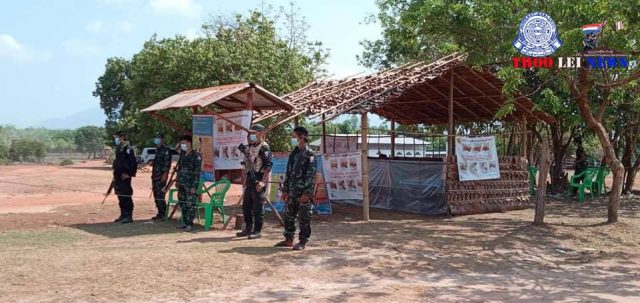
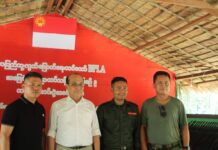
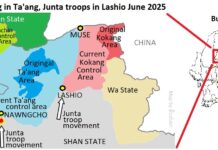
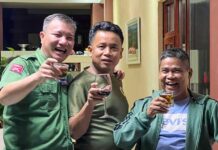
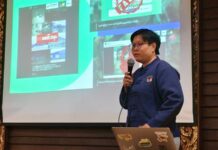
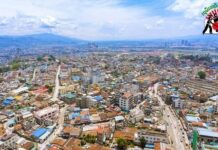






Leave a Comments